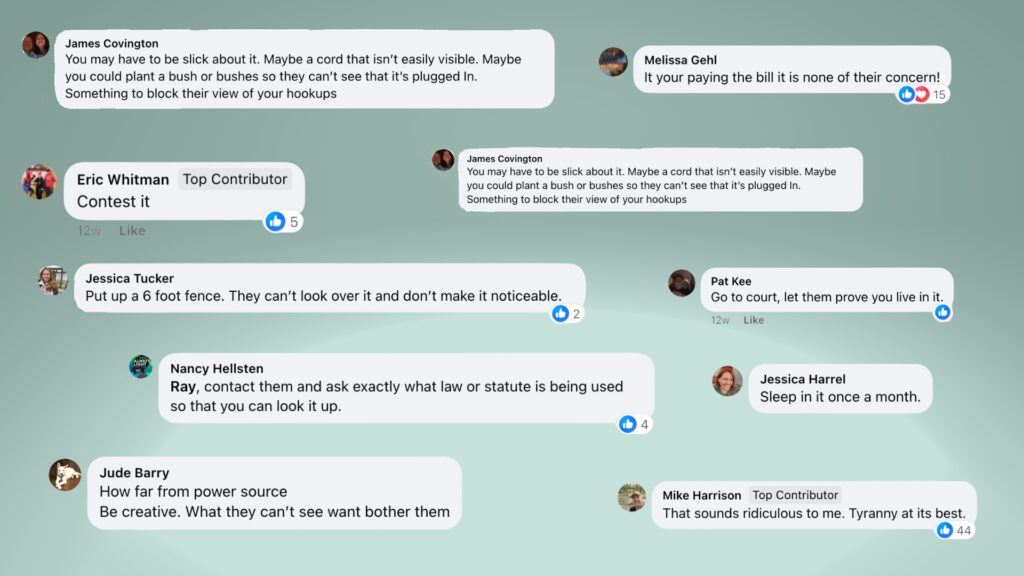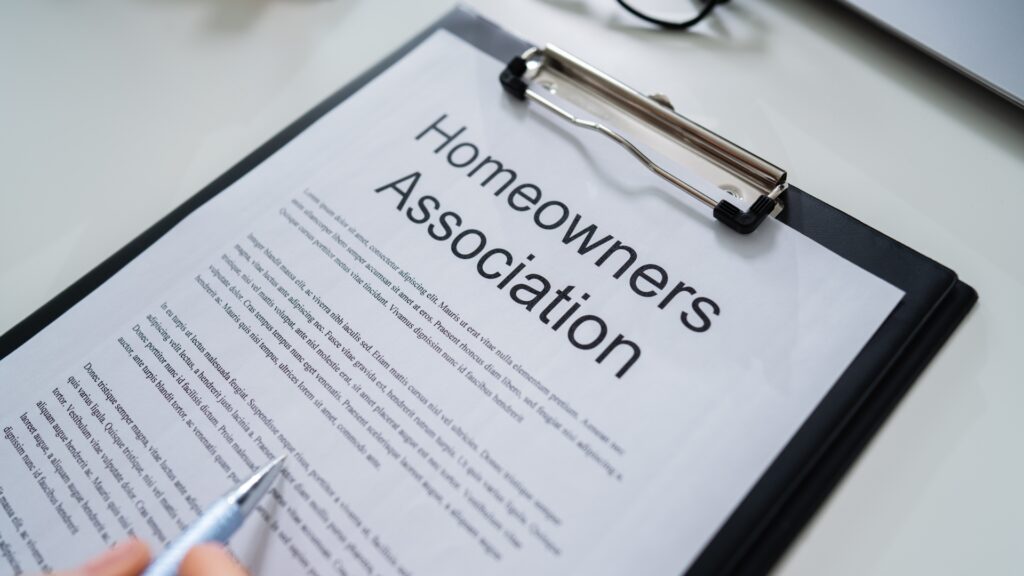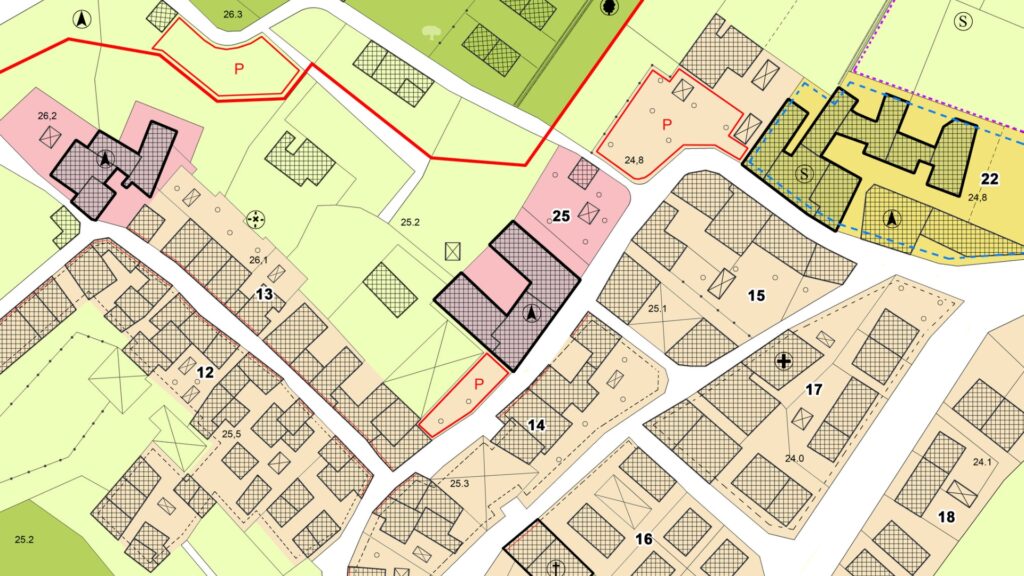Table of Contents Show
A fellow RVer recently had a run-in with county officials regarding his camper. Unfortunately, this isn’t our first time hearing of these situations.
Typically, these interactions end poorly for the RV owner. The government has the upper hand and can change laws and regulations as necessary.
So, does our fellow RVer stand a chance in his encounter with the county?
Let’s look and see!
RV Owner Gets Letter from County Officials
A fifth wheel owner recently shared online that he received a letter from county officials. The letter informed him that he was violating a county ordinance.
The violation concerned him connecting his camper to utilities while in storage. The individual stated he had utilities run to his property to plug his camper in while it was in storage.
Additionally, the utilities are powering a shed to allow him to maintain the land. The letter stated he was violating zoning regulations.
Thankfully, he seemed to take it in stride in all his comments.
Facebook Users Side with RVer
The RV community isn’t shy about having an opinion on these matters. The post generated almost 150 comments before a moderator in the group shut down the discussion.
Just about every comment was supporting the RV owner.
Comments varied significantly from one individual to the next. Some encouraged him to ignore it since it was only the first notice, and others shared tips for skirting around the policy.
Hopefully, he’ll come back and share how the situation turns out.

Can Your County Prohibit Using Your RV on Your Property?
Unfortunately, while you may own the land, it’s not always easy to do what you want with it. State, county, and city officials can create rules and regulations prohibiting certain activities, including using your RV on your property.
This isn’t incredibly uncommon. We often hear horror stories of individuals discovering this once it’s too late.
Typically, these laws revolve around living in your camper full-time. However, those who live in communities with homeowner’s associations (HOAs) may not even be able to park their rig on their property.
So, while you may have grand plans for RVing on your property, they may not always be possible. It may require a permanent structure or dwelling on your property, or you may only park it there for a specific time.

How to Avoid Issues with County Officials While Full-Time RVing
It can be challenging to avoid issues with county officials while full-time RVing. However, we’ve compiled some tips to help you avoid landing in hot water. Let’s take a look!
Understand Local Regulations
One of the most important things you must do is understand your local regulations. Some areas are stringent regarding enforcing codes and zoning regulations.
Understanding local regulations is especially true before you buy land or invest large sums of money into a property. You don’t want to discover that your dream of RVing on your property isn’t possible in a specific area or location.
Some areas require that an individual have a permanent dwelling on the property. Unfortunately, they typically don’t see RVs as permanent dwellings. As a result, you’ll need to create a tiny home or other structure to fulfill this requirement.
Building a tiny home may require connecting it to water, sewer, and electricity. If this is a requirement, it’s good to know it beforehand as it can be more than you’re ready to spend.
Respect the Rules
Once you know the rules and regulations, you should respect and follow them. You want to do all you can to ensure you follow them and stay on the right side of the law. If not, you can’t be upset when you get a letter informing you that you’re in violation.
By respecting the rules, you reduce the chances of wasting time, energy, or money. You may cause yourself more of a burden by trying to disrespect or ignore the rules.
Unfortunately, it doesn’t matter how you feel about them. You’re not an exception. Do yourself a favor and follow them.
Stay Aware of Zoning Changes
For better or worse, zoning regulations and classifications can change. This can work out in your favor or against you.
Luckily, officials typically must post signs informing the public of hearings to make zoning changes. You’ll want to clear your schedule and attend if the changes negatively impact you.
Additionally, getting to know your local officials can be extremely helpful. You don’t have to be best friends with them, but having a respectful relationship doesn’t hurt.
This can help improve your chances of enjoying your RV on your land without any issues.

Be Discreet and Low-Key
One of the best ways to avoid issues with county officials while RVing full-time is to stay off their radar.
You want to do your best to avoid attracting attention to yourself, your property, or your camper. Some people plant trees, plants, and other vegetation to increase privacy.
Officials cannot legally come onto your property without reason. As a result, if they can’t see what’s going on, they’ll likely leave you and your RV alone.
If you’re creating a homestead on a large property tucked in a thick forest, you may not have to make many adjustments.
Practice Proper Waste Disposal
County officials are often strict regarding rules due to individuals not correctly disposing of waste. Raw sewage and trash bags can create a severe health concern for the surrounding area.
Unfortunately, this has caused full-time RVers to develop a sour reputation with those outside the lifestyle.
Always make sure you properly dispose of waste. This may mean dumping it properly into a septic tank or hiring a pump truck to haul it away. If you plan to live in your RV, you will have waste you must dispose of. Make sure you consider how you’ll safely dispose of it.
Pro Tip: Click here to learn if you can Dump Gray Water on the Ground!
Avoid a Dilemma While RVing on Your Personal Property
RVing on your personal property can be a dream come true. However, your dream can quickly become a nightmare if you don’t follow the proper procedures.
If you’re not careful, local officials may have something to say. So, take your time when building your dream RV campsite, especially if you plan to live in it full-time.







QUOTE – Officials cannot legally come onto your property without reason. As a result, if they can’t see what’s going on, they’ll likely leave you and your RV alone. – QUOTE
Some counties are using drones to inspect property. Questionable leaglity.
There are reported cases of this happening.